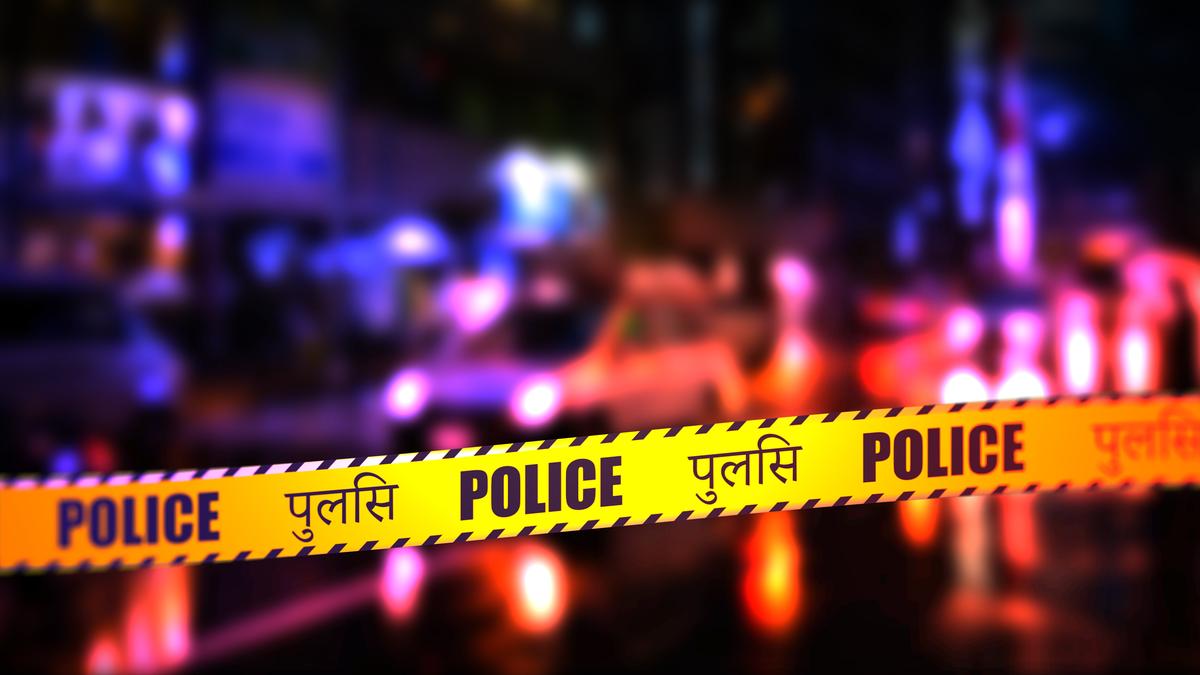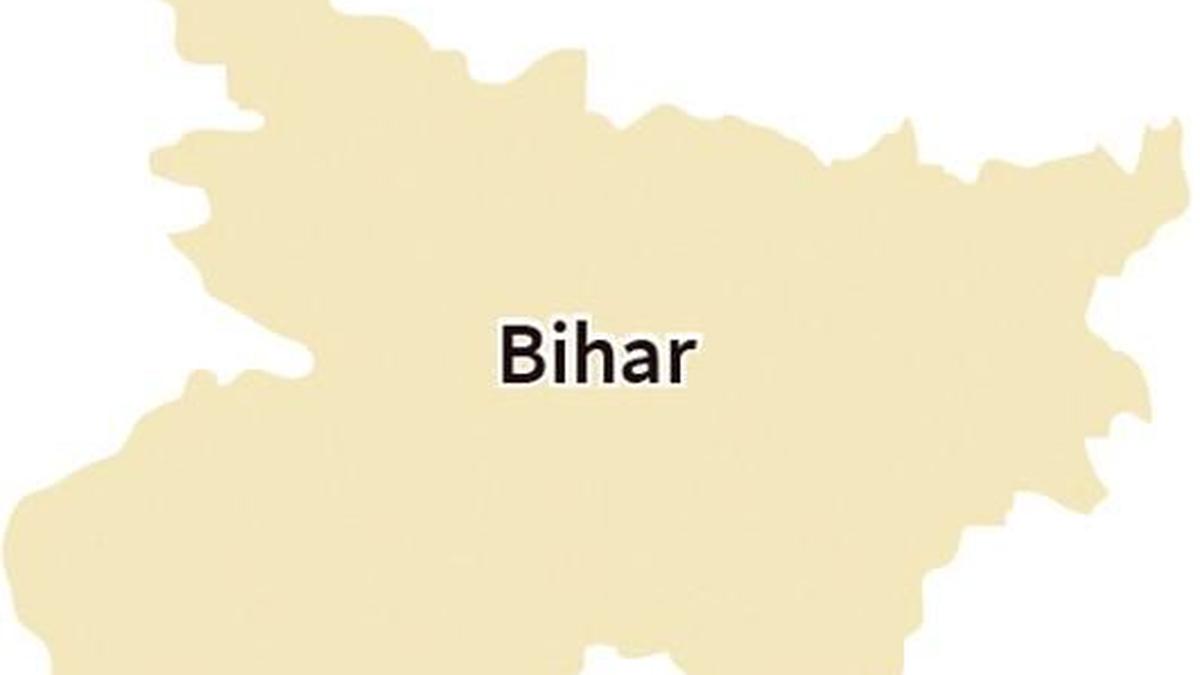The Rashtriya Swayamsevak Sangh said on Monday (July 7, 2025) that normalcy was returning to Manipur as the Meitei and Kuki-Zo communities have begun communicating.
Addressing the media in Delhi, the RSS’s national publicity in-charge Mr. Ambekar said it took a lot of time for the situation to become normal when such disturbances erupt in any region.
“But compared with last year, normalcy has definitely started returning to the State. This happens due to the dialogue between the two communities,” said Mr Ambekar.
Emphasising how RSS workers tirelessly worked in riot-hit areas of Manipur, Mr. Ambekar said the Sangh had also attempted to speak with both groups and owing to this, positive changes can be seen on the ground.
Speaking on the issues discussed over the three days of the “Prant Pracharak” (regional heads) meeting that concluded in Delhi on July 6, Mr. Ambekar said senior organisation members shared recent developments in their areas and burning issues of the country were discussed.
“Our volunteers from bordering States shared their experience and the present condition of their region. The Pracharaks also shared the public’s opinion on Operation Sindoor and other recent events of national importance,” he said.
Sharing the Sangh’s plan to mark its centenary, Mr. Ambekar said that the organisation was looking to reach out to every village and every house.
“As part of our centenary year, we will be organising Hindu Sammelans [meetings] in 58,964 mandals and 44,055 bastis across the country. There will be discussion on social festivals, social unity and harmony, and Panch Parivartan (five transformations). Similarly, Samajik Sadbhav Baithaks [Social harmony meetings] will be organised in 11,360 blocks and towns to promote social harmony in the society,” Mr Ambekar informed.
He also shared the RSS’s plans for door-to-door outreach and said efforts will be made to reach maximum number of houses in every village. The main goal in the RSS’s centenary year is inclusive outreach across professions, geographies, and communities to foster holistic social integration, Mr. Ambekar remarked.



.png)
.png)
.png)
















 3 hours ago
5
3 hours ago
5










 English (US) ·
English (US) ·